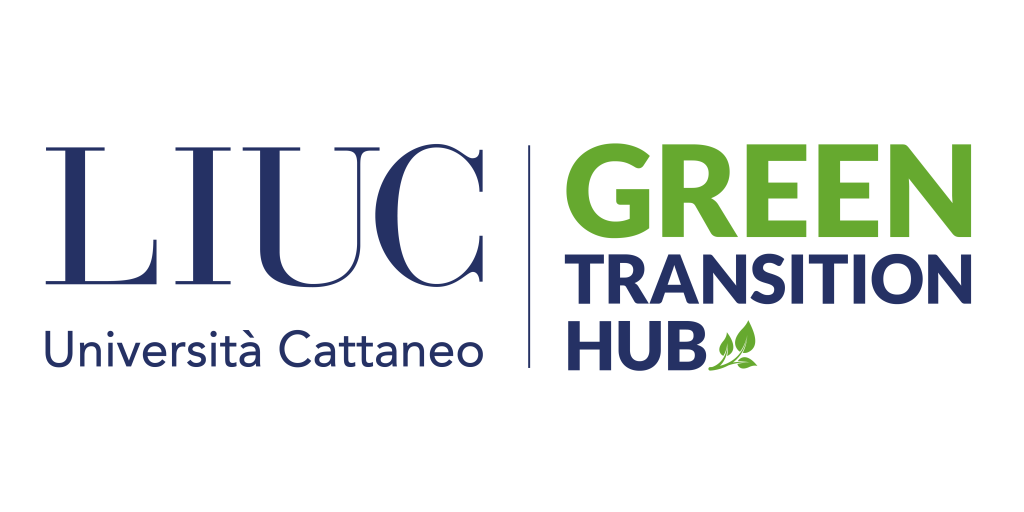Topic
The rise of returns in the e-commerce sector represents a growing challenge for companies, with significant impacts on operating costs, logistics management, and environmental sustainability. Currently, reverse logistics is often managed inefficiently, with poorly optimized transport routes that increase CO₂ emissions and handling costs.
The RE-Routing project, developed in collaboration with SCS Consulting, was created to address this issue by developing eco-efficient routing strategies for return flows. Through a data-driven approach and close collaboration with industry stakeholders, the project aims to improve the management of reverse logistics by balancing economic and environmental considerations.
Objectives
- Map reverse logistics flows, enabling the identification of inefficiencies and improvement opportunities. Through this analysis, a unified taxonomy will be developed to classify different return routes, highlighting their strengths and weaknesses. This categorization will be essential for understanding reverse logistics dynamics and identifying the most effective optimization strategies.
- Analyze the critical factors that influence return routing, such as the type of returned product, logistical variables, company return policies, and consumer preferences. Understanding how these elements interact is fundamental to proposing solutions that enhance overall system efficiency while balancing economic, operational, and environmental requirements.
- Develop a decision-support model designed to guide companies in choosing the best routing strategies for returns. This tool will identify the optimal path for each return flow, considering both economic sustainability and environmental impact.
Results
The RE-Routing project aims to make reverse logistics in the e-commerce sector more efficient and sustainable. Starting from the mapping and analysis of return flows in fashion e-commerce, the project developed a model capable of generating several scenarios to guide companies toward more eco-efficient return management strategies.
The model can be scaled and applied more broadly, becoming a reference point for the future evolution of reverse logistics.
The research results have been finalized and presented during the conference “Returns in E-commerce: Which Routes for Reverse Logistics?”, held on 22 October 2025 at LIUC – Università Cattaneo.
You can download:
- the final project report, which presents and deepens the results achieved;
- the conference slides, which summarize the main insights and discussions.
Information
Ing. Maria Concetta Carissimi – [email protected]
Ing. Alessandro Creazza, Research Coordinator – [email protected]
Ing. Martina Farioli – [email protected]




